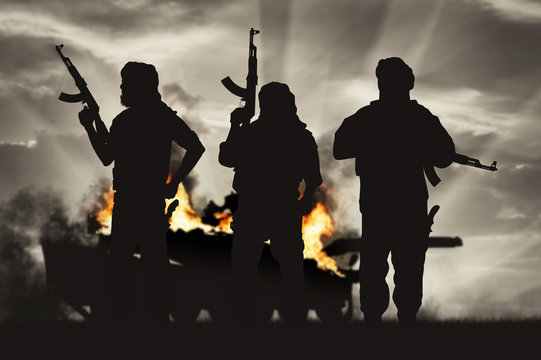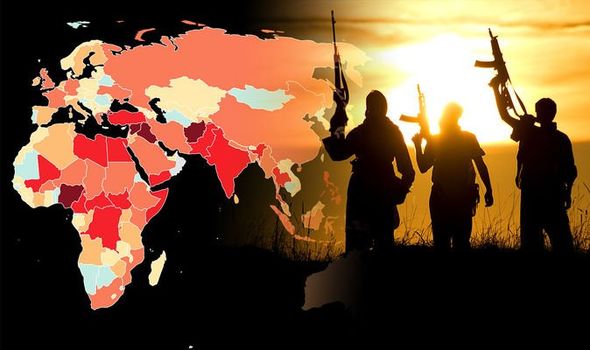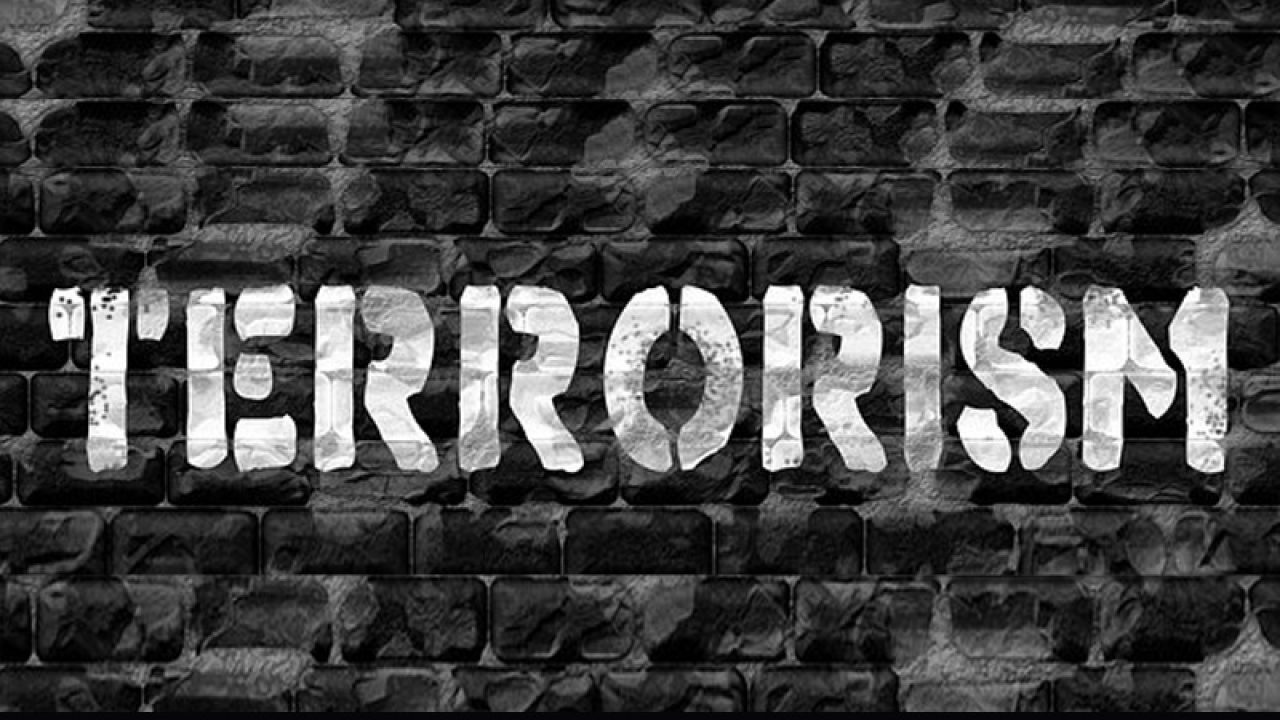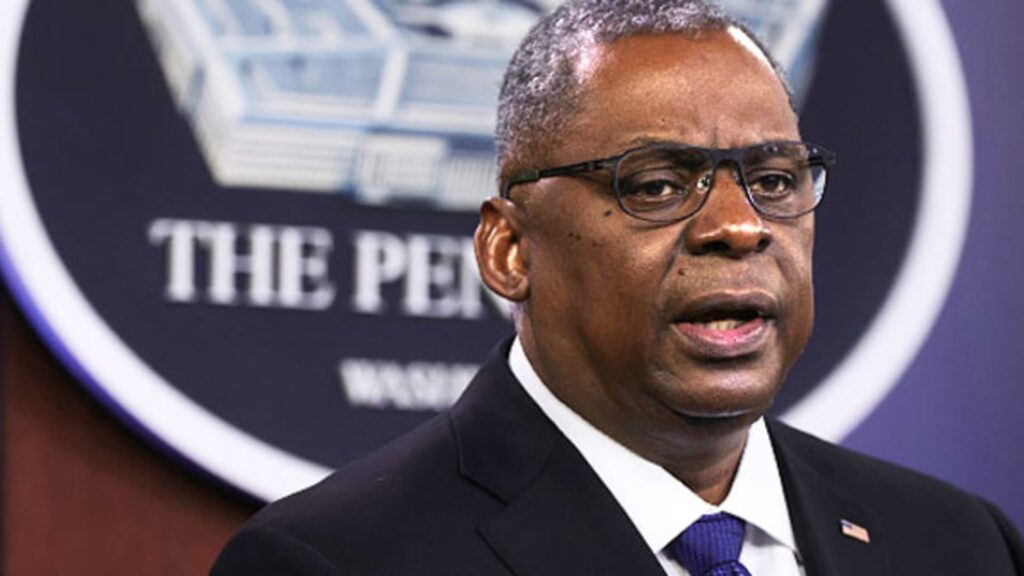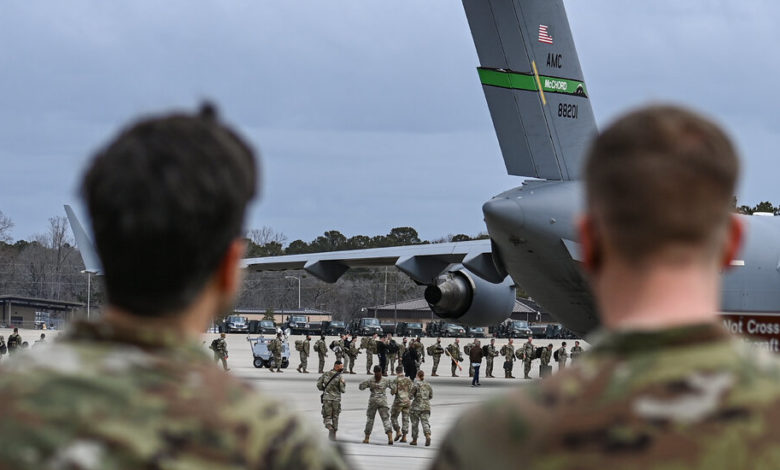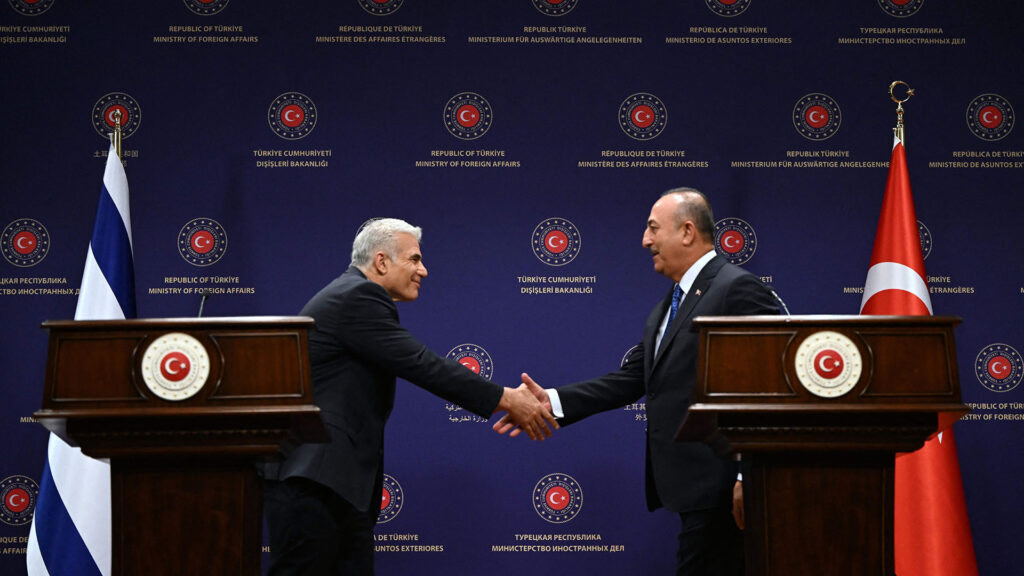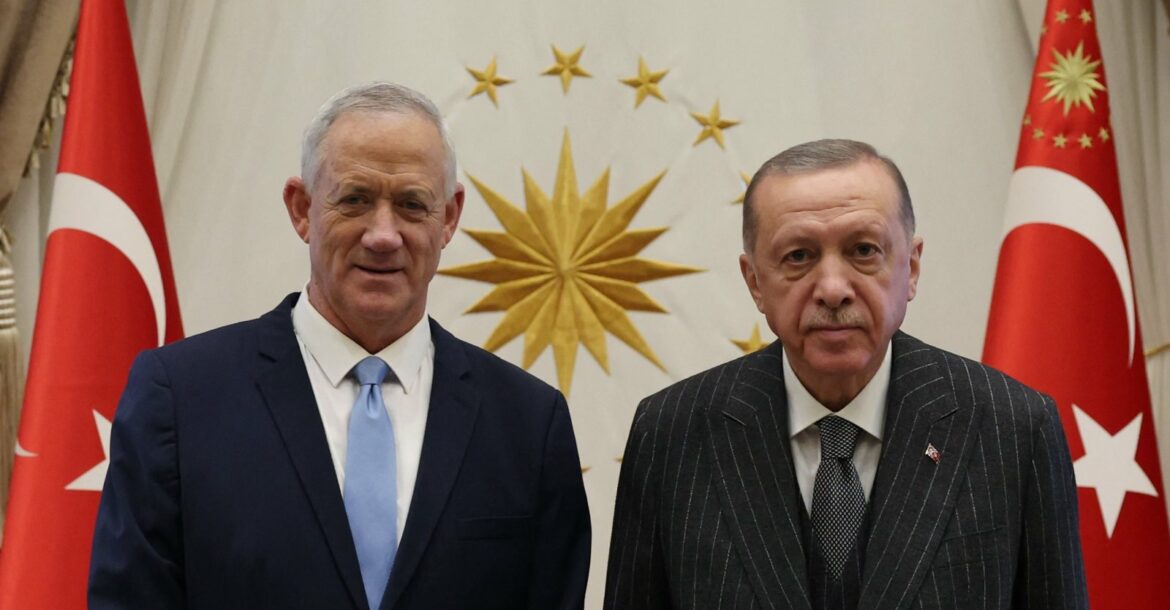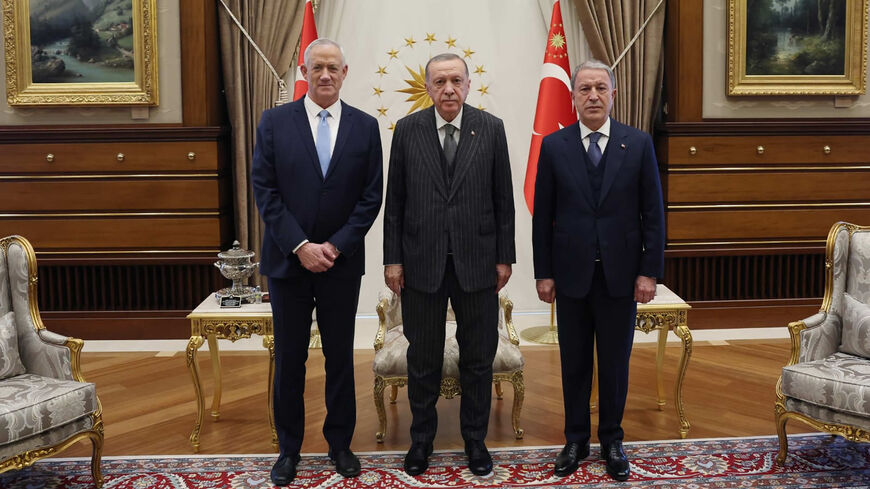In the modern world, the term ‘security’ lacks a single definition that covers all of its domains. The emergence of terrorism and proxy warfare has diversified the concept of security. According to Baldwin, states are currently focused both on traditional military threats and non-traditional security threats like climate change, human rights, poverty etc. Pakistan’s case is no different, it is suffering from both traditional and non-traditional security threats.
Traditional security threats stem from military and doctrinal intent of the opposing state to initiate war, invasion or attack. In return, it gives birth to security dilemmas as a result both states find themselves in drastic armed conflicts. Pakistan has always felt threatened because of its arch-rival India. India, an immediate neighbour of Pakistan, never had harmonious relations with Pakistan. In the past seventy years both countries had fought three all-out-war and many armed skirmishes and military standoffs. The main focus of all the conflict between these two nations is Kashmir.
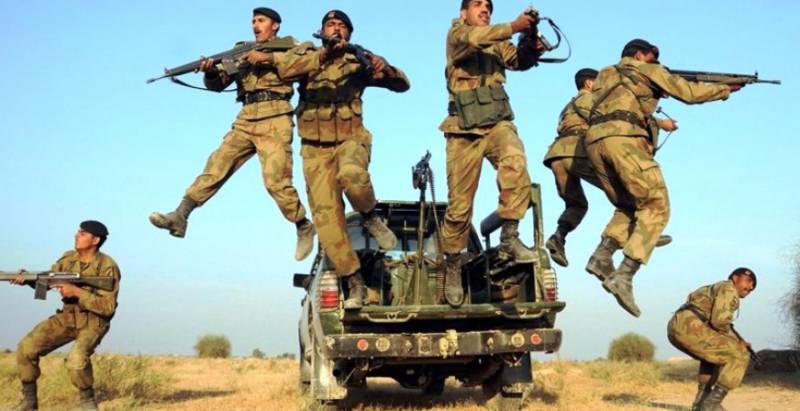
The worst thing for Pakistan is that it is relatively weaker in strength as compared to India. India is the world’s second most populous state and 4.1 times bigger than Pakistan in area. In addition, it has about five times the total defense budget of Pakistan and has a greater number of conventional military forces and weapons. This asymmetry including the growing economy of India that is putting a lot of pressure on Pakistan in terms of rivalry and threat perception. Thus, it is natural that there would no competition in the realm of economy of technology where India enjoys a numerical superiority (something it also enjoys in the military realm). Therefore, Pakistan has built up its own military architecture which also characterizes nuclear deterrence in pursuit to balance Indian numerical and firepower advantage.
For obvious reasons, Pakistan is increasing concern regarding India’s necklace of diamond strategy and considers it as a direct threat for Pakistan. Therefore, a maintenance of significant naval presence is necessary for Pakistan to keep her sea lanes open and defend her interests in the Indian Ocean region.
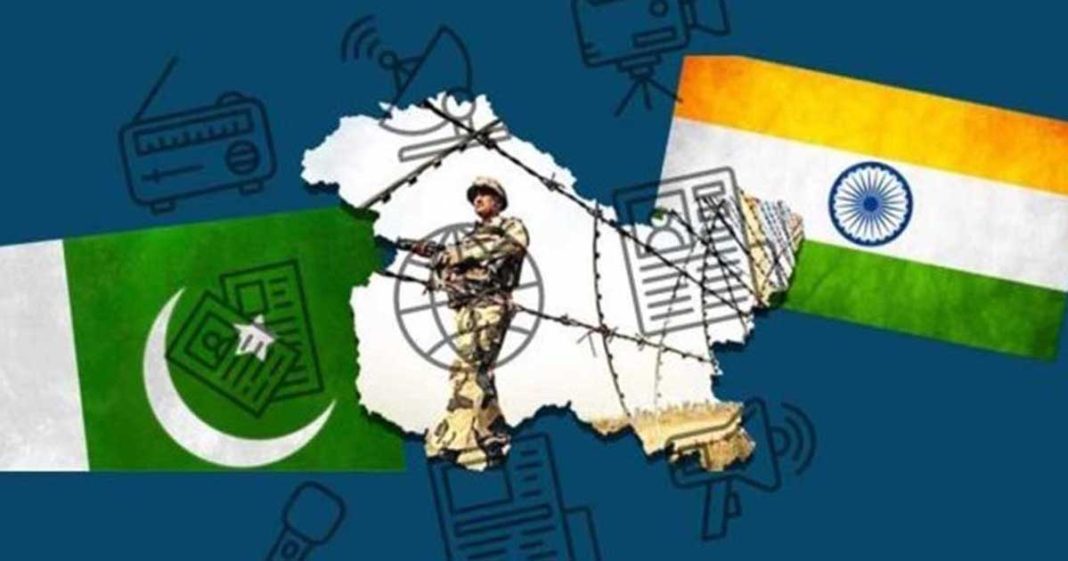
Pakistan, being a developing state, is vulnerable to cyber-attacks as it is not technologically advanced and its resources are being invested in other traditional threats. Thus, Pakistan has to safeguard herself against the emerging challenges. Recent statements from Chief of Army Staff General Qamer Javed Bajwa, about underscoring the importance of hybrid warfare are a manifestation of the fact that Pakistan has to brace itself for the new modes of threats.
India is also venturing into the space warfare domain. It has established her Defense Space Agency in 2019 & became only the fourth country in the world to shot down a satellite during her Mission Shakti. Pakistan is feeling concerned regarding India’s active involvement in the space domain, thus, it is cooperating with China actively to cement its plane in the newest battlefield.
Apart from India, Pakistan is also concerned regarding the security of Gwadar port. The port is touted as a game-changer for Pakistan’s future. But there exist countries who doesn’t want Gwadar port to become a successful venture for both China and Pakistan therefore, Gwadar Port is at risk of multiple security threats.
Pakistan, for quite some time has also been facing a host of non-traditional security challenges that have seriously impacted its development, growth, economic progress, as well as political stability.
The maritime security is currently one of the most important agendas on the table of Pakistani government mainly because the maritime security threats pose danger to Pakistan’s sea vessels and ports which in turn can lead to an economic breakdown and intensify sea conflicts. The current maritime security challenges of Pakistan include non-traditional security threats such as maritime terrorism, piracy, human trafficking, drug smuggling, trafficking of weapons, illegal fishing, threat of tsunamis and maritime pollution.
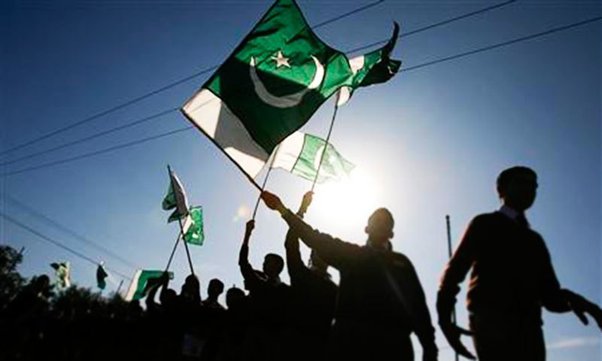
Water crisis is also considered as the non-traditional threat to Pakistan. Pakistan is among 23 countries which are facing drought emergencies over the past two years (2020-2022), according to the ‘Global Land Outlook’ report released by the United Nations. This report also predicted that Pakistan will face a drought by 2025. According to a report from the United Nations Children’s Fund (UNICEF), an estimated 70 percent of households in Pakistan drink bacterially contaminated water while 85% of people in Balochistan have no access to clean water. The worst part is that the Water Shortage is leading to many health issues including water-borne disease, heatstroke, and kidney issues among the residents of the country.
Pakistan is particularly vulnerable to climate change as its socio-economic fabric is largely agrarian, which makes it highly climate-sensitive. Pakistan can mitigate the adverse effects of natural disasters through early warning systems, technological advances in building and infrastructure construction, improved sanitation systems, increased disaster preparedness and having an effective emergency response strategy.
Another threat which Pakistan encounters is of population explosion. Pakistan hosts a huge population of over 22 crores with highest urbanization rate in the South Asian region. The population explosion is the root cause of issues such as food crises, water crises, lack of available space for housing, infrastructure, agriculture land and forests, and resources.
Moreover, smuggling and trafficking are the major non-traditional security challenges for Pakistan. These includes human trafficking, trafficking of weapons, trafficking of drugs from Afghanistan, smuggling of goods, and even plenty of oil is being smuggled from Iran into Pakistan. We saw that a lot of dollars were smuggled from Pakistan to Afghanistan after US’ withdrawal, depreciating the value of rupee in Pakistan. In this way, money laundering has spoiled the economy of the country to a greater extent.
Anyone having remote knowledge of Pakistan has an idea that Pakistan is one of the most affected states by terrorism in the world. Terrorism, another security threat, has not only challenged Pakistan’s security but also its sovereignty and survival. In addition, Pakistan’s tourism industry and international image severely depleted because of terrorism. It is reported that Pakistan lost more than 80,000 lives in War on Terror with economic losses of more than US$ 200 billion.
Diseases also serve as a threat to Pakistan. It is safe to say that Pakistan fought well against COVID-19 pandemic but that does not mean Pakistan has not suffered. The economy of Pakistan went through severe hardships in this period.
Food security hasn’t been an issue for Pakistan for most of its history due to its agricultural basis. However, it is expected that medium-term food security challenges are going to be a big challenge if instant attention is not paid in order to manage resources related to agriculture such as natural resources. The heatwaves in Pakistan along with the water crises is severely impacting agriculture in Pakistan.
There is an abundance of both traditional and non-traditional issues that Pakistan is facing currently. While the Armed Forces of Pakistan have valiantly defended territorial integrity and sovereignty successfully over time, non-traditional security challenges are fast emerging as serious concerns to its overall security in the medium- to long term. The political elites have to take iron-clad measures immediately to avoid further damage. Pakistan could also look to gain the support of both regional and non-regional actors of the world. One thing that every Pakistani has to keep in mind, “by failing to prepare, you are preparing to fail.”
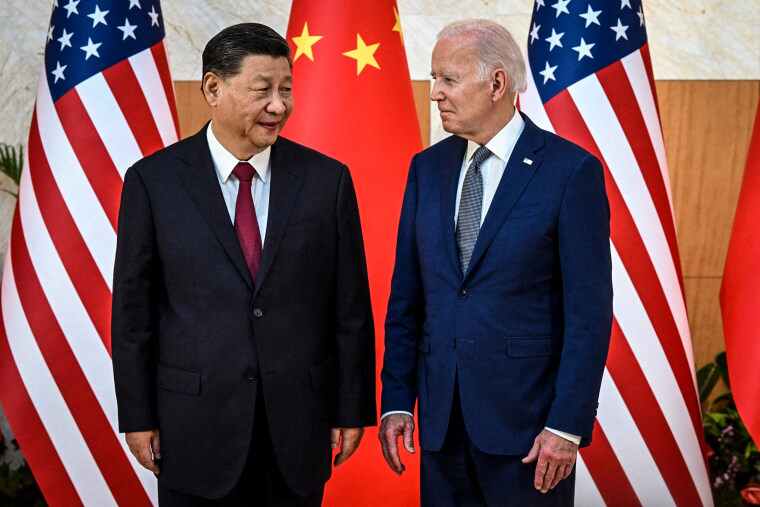
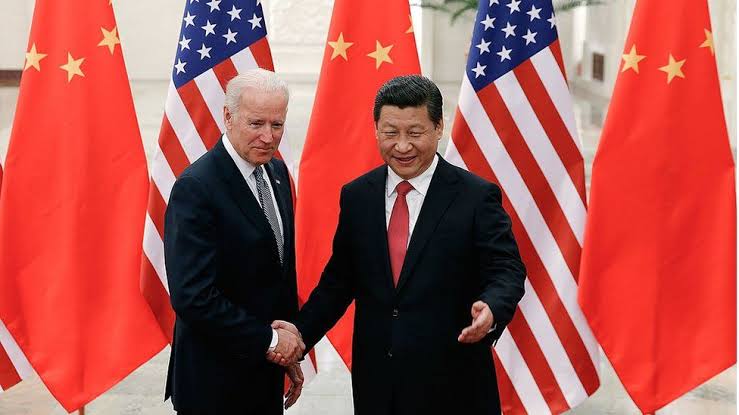

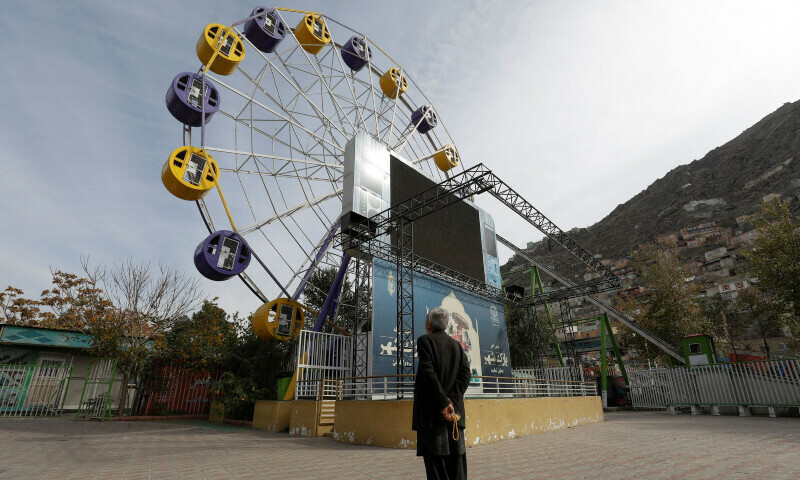
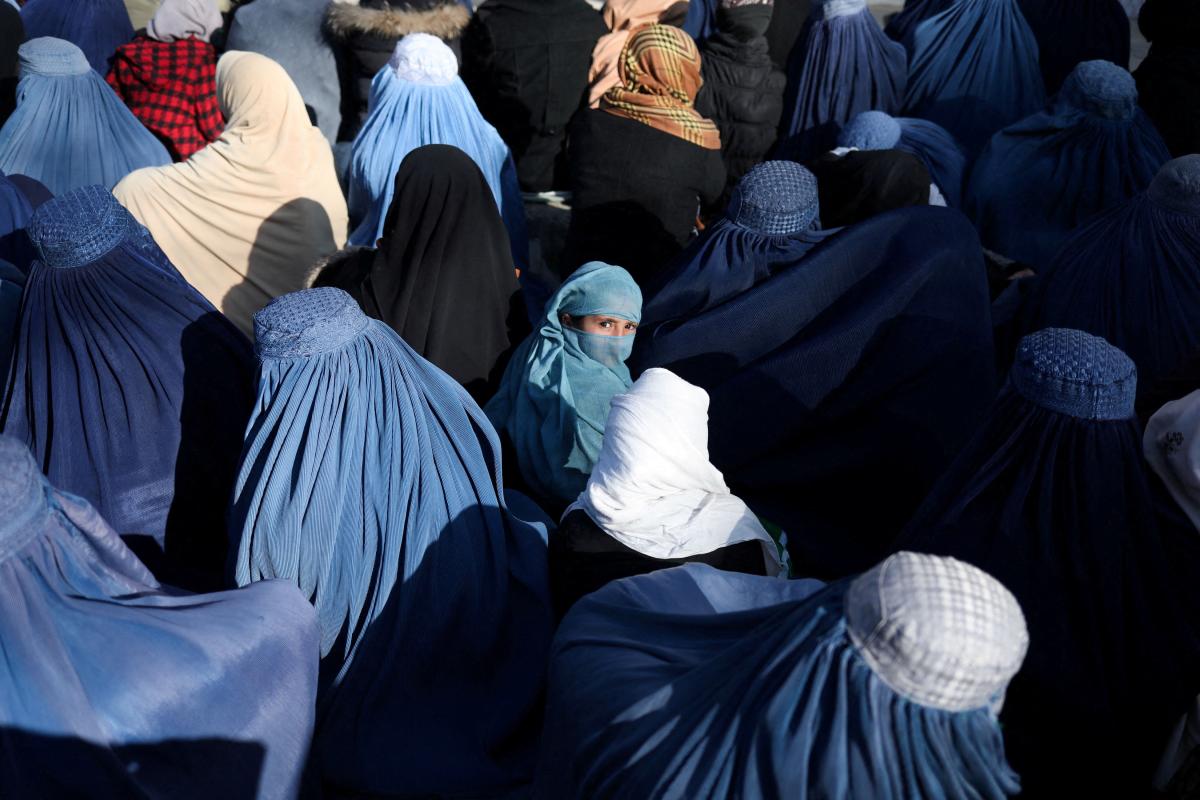 Since taking control of Afghanistan last year, the Taliban have enforced the belief that women should not leave the house without a male relative and must wear face coverings, though some urban dwellers choose to disregard this tradition and some women are now allowed to work in government institutions. On indications that all girls’ high schools would open in March, the group also reversed course.
Since taking control of Afghanistan last year, the Taliban have enforced the belief that women should not leave the house without a male relative and must wear face coverings, though some urban dwellers choose to disregard this tradition and some women are now allowed to work in government institutions. On indications that all girls’ high schools would open in March, the group also reversed course.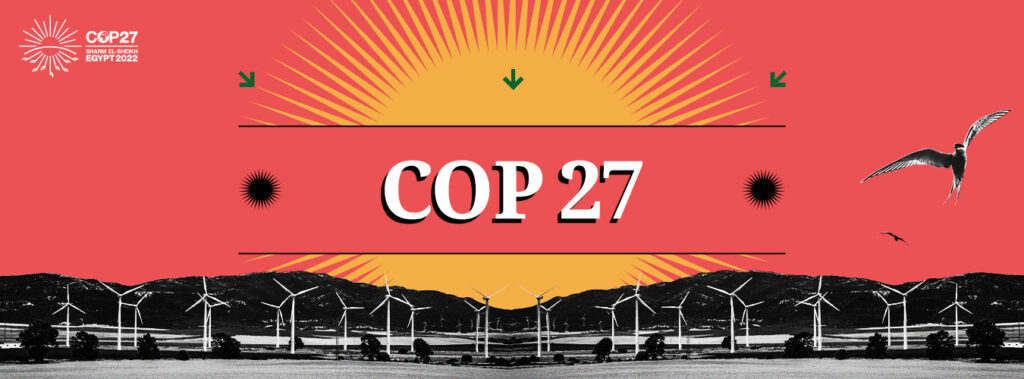
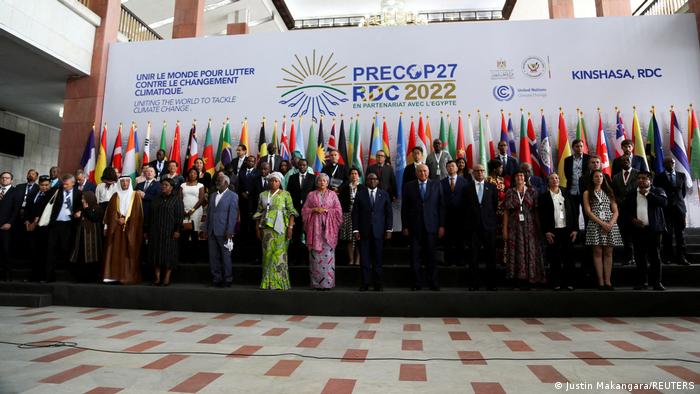
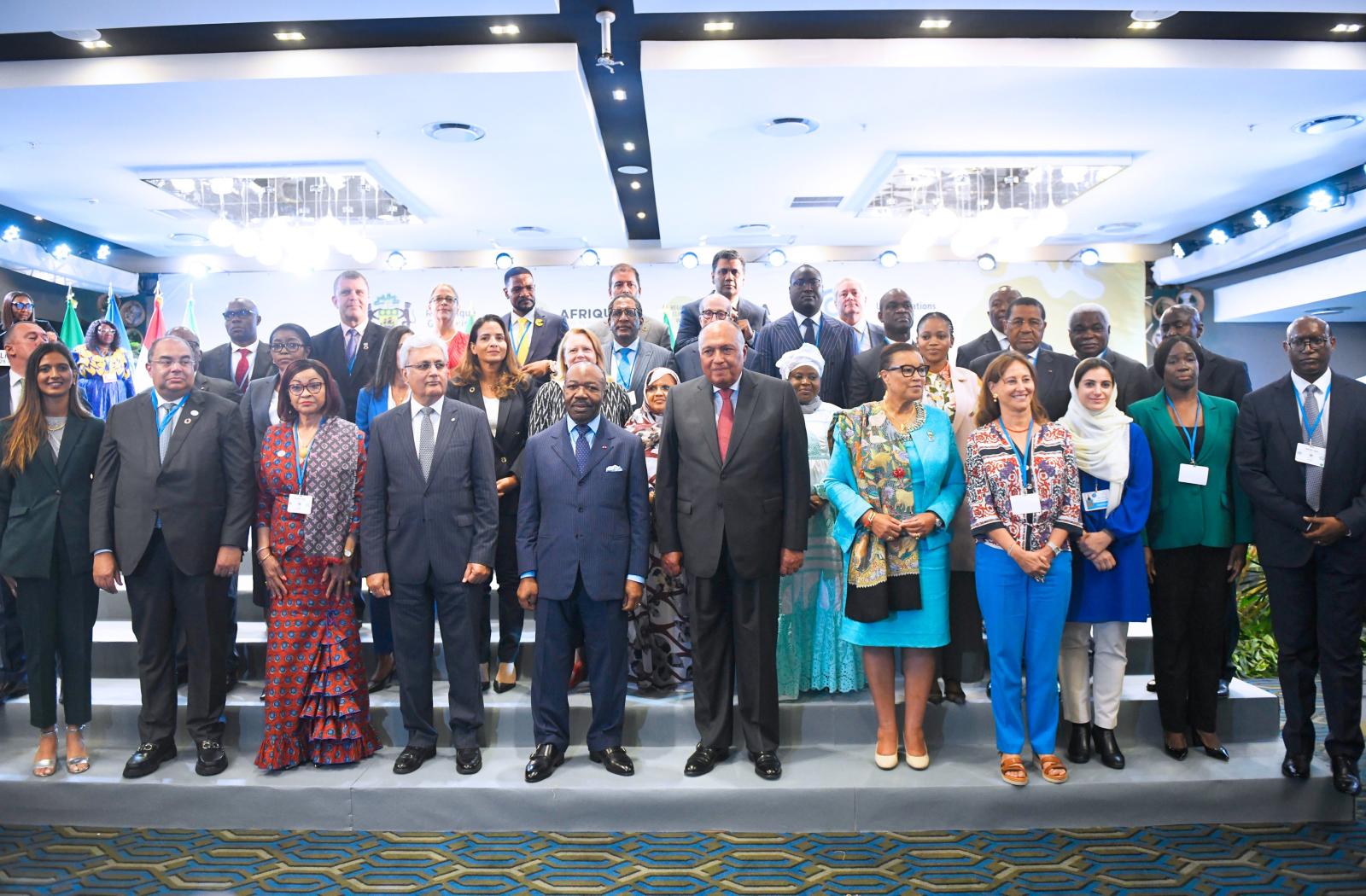
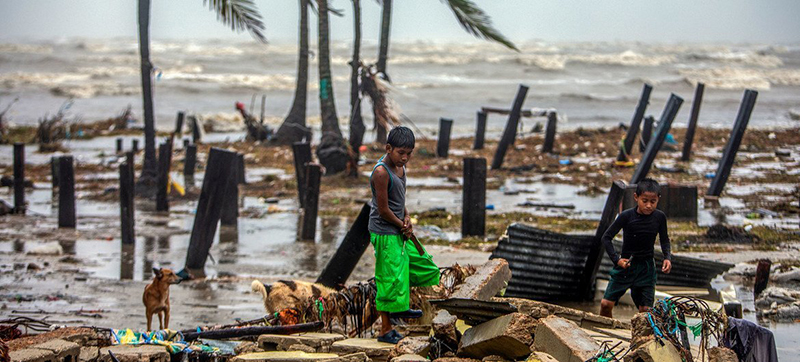
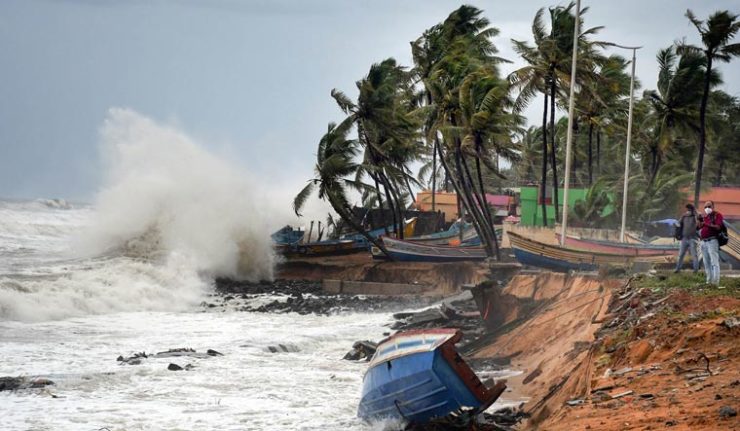
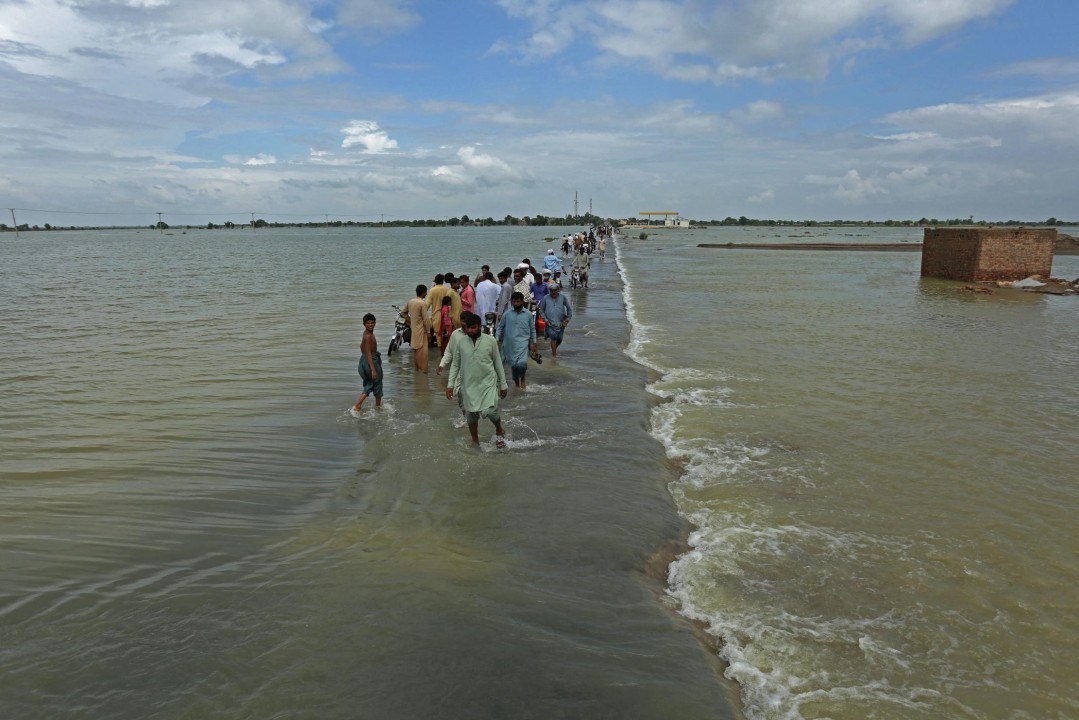
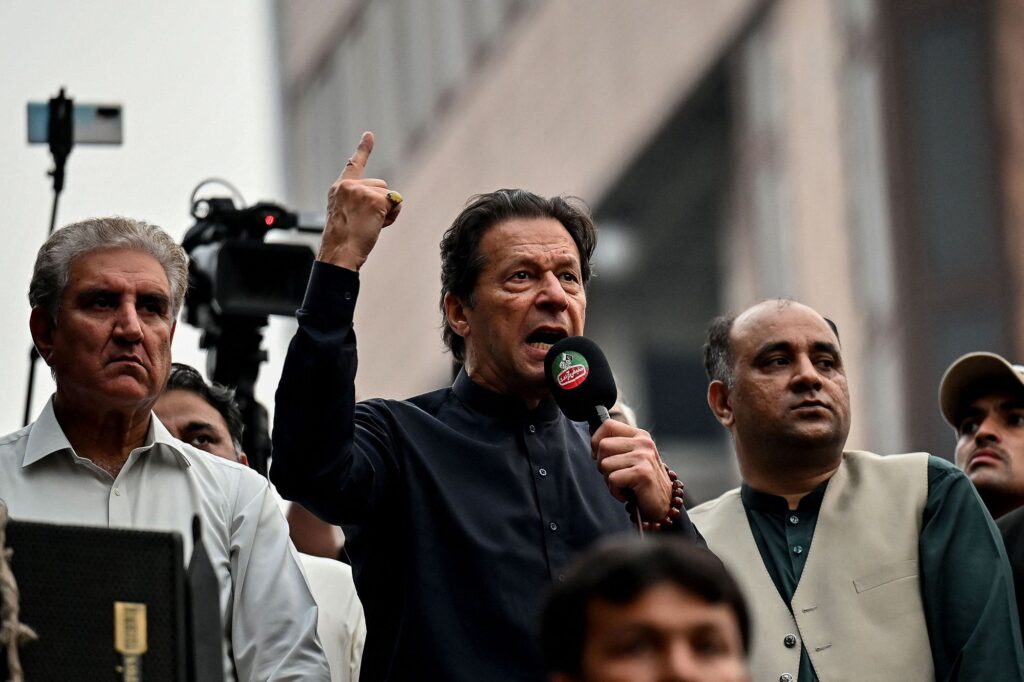
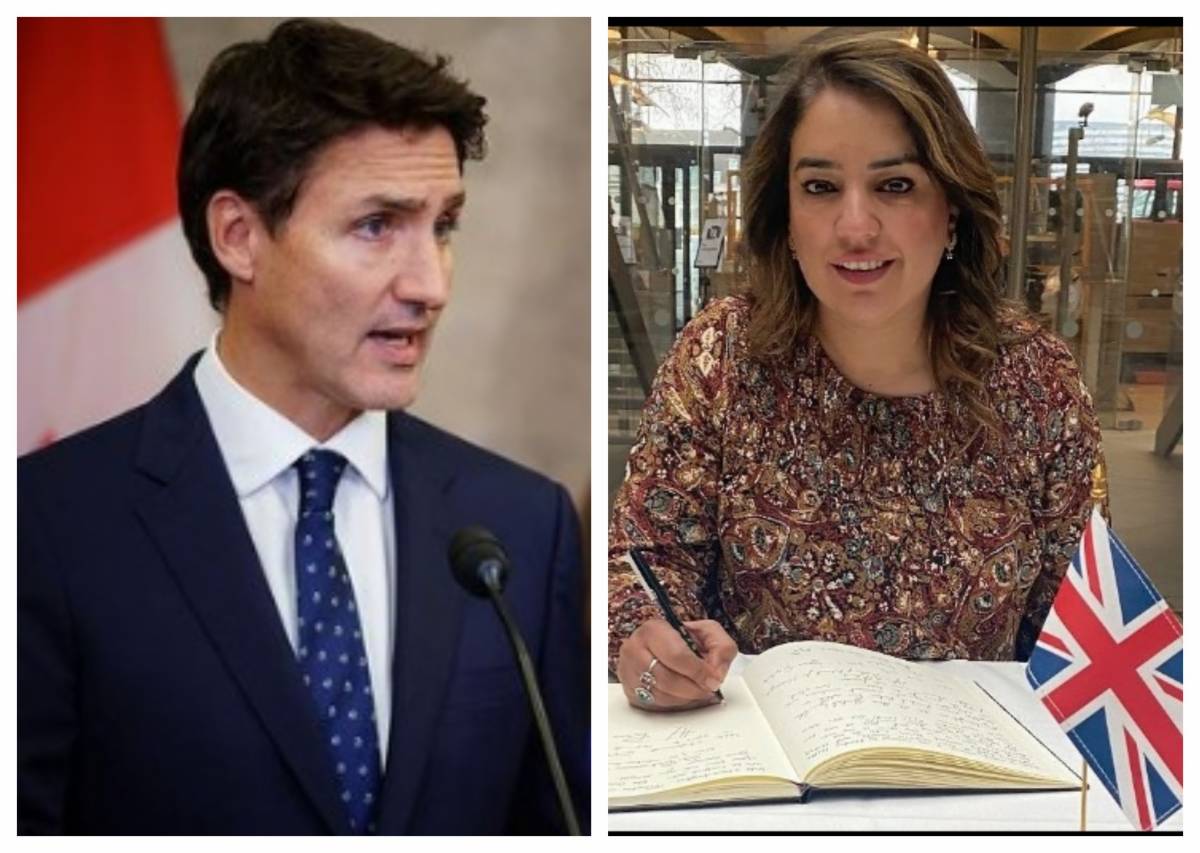 The assassination attempt on former Prime Minister Imran Khan was denounced by numerous other foreign leaders, including Canadian Prime Minister Justin Trudeau. “I strongly condemn this violence and utterly reject the attack on Imran Khan and his followers. It has no place in our culture, in politics, or in any democracy. Imran and all those hurt today deserve a quick recovery, Trudeau tweeted on his official Twitter account.
The assassination attempt on former Prime Minister Imran Khan was denounced by numerous other foreign leaders, including Canadian Prime Minister Justin Trudeau. “I strongly condemn this violence and utterly reject the attack on Imran Khan and his followers. It has no place in our culture, in politics, or in any democracy. Imran and all those hurt today deserve a quick recovery, Trudeau tweeted on his official Twitter account.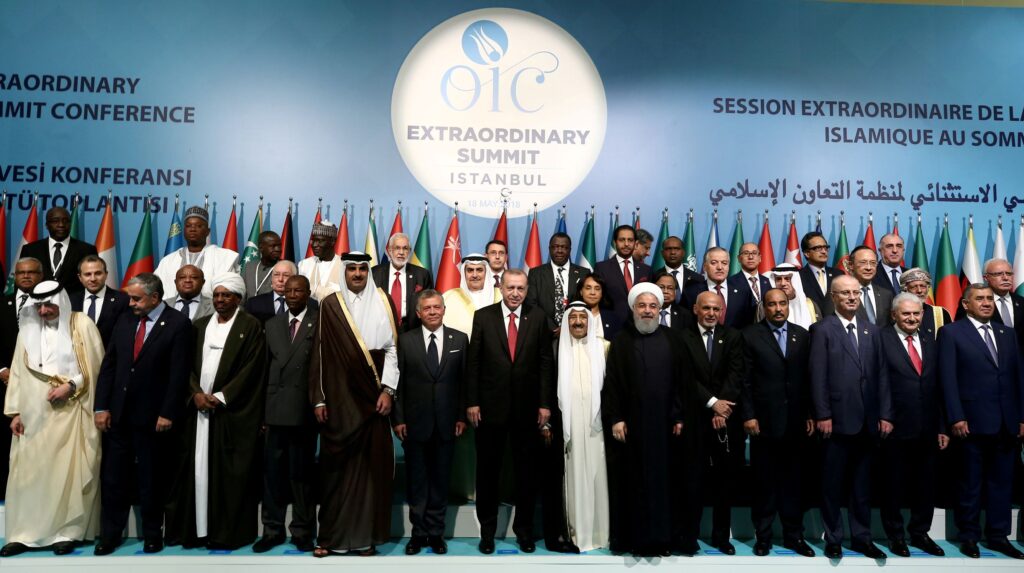
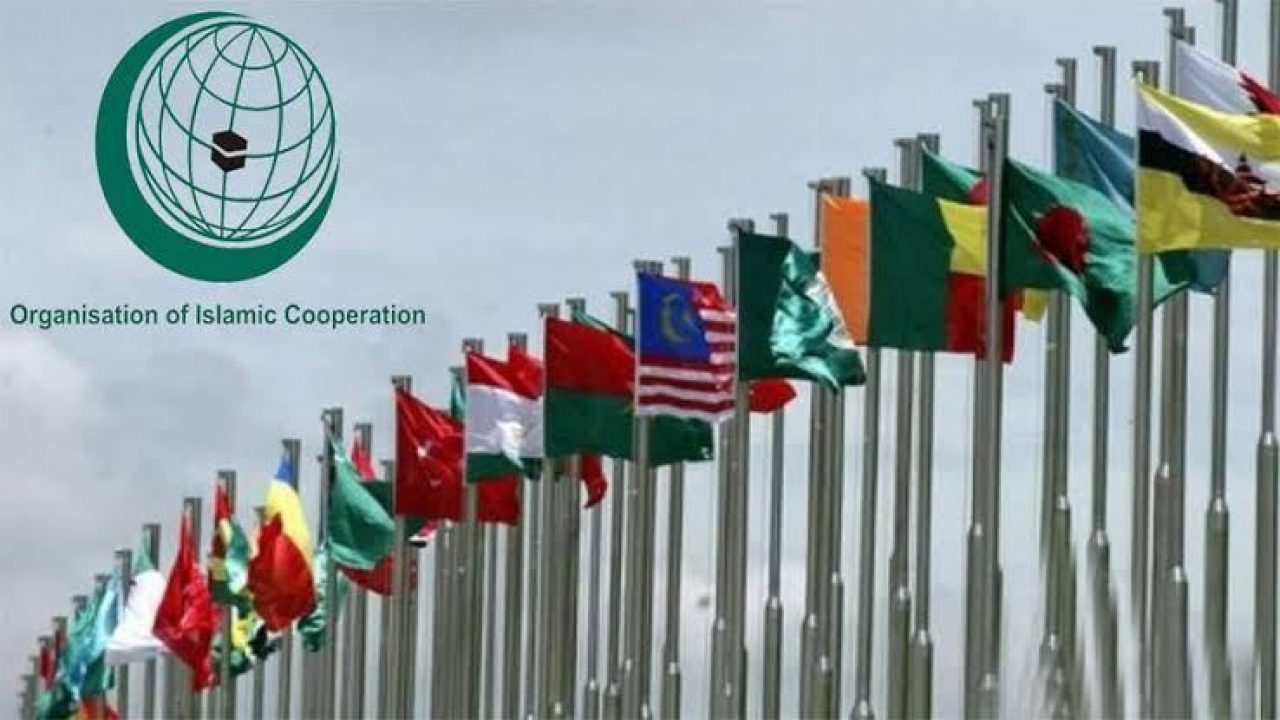 Failures of OIC on Political Issues:
Failures of OIC on Political Issues: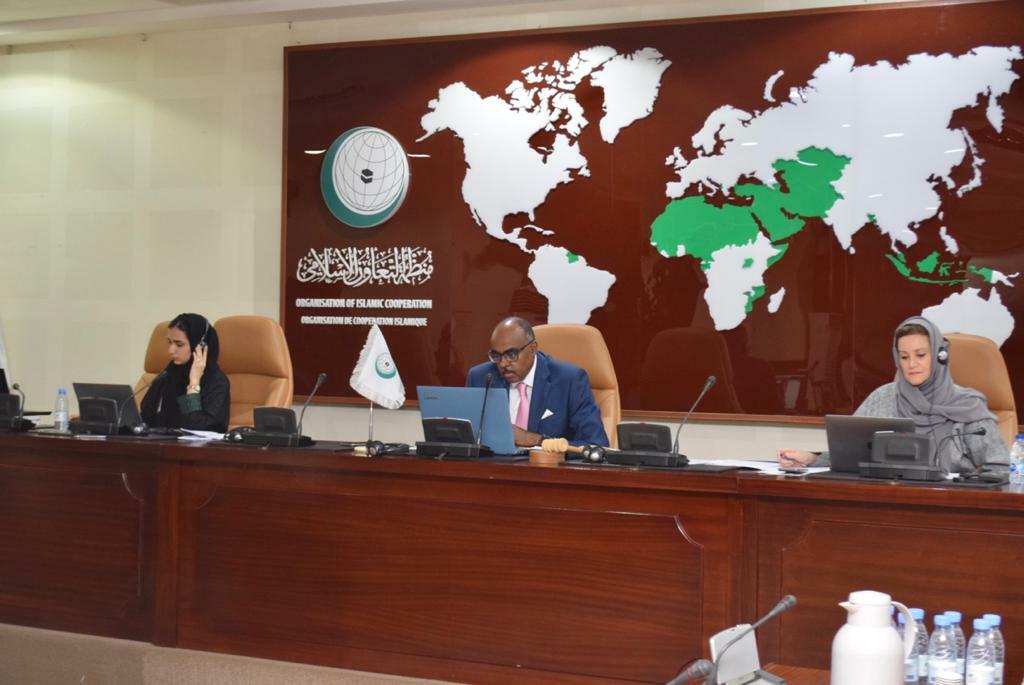
 The Prospects of OIC:
The Prospects of OIC: 